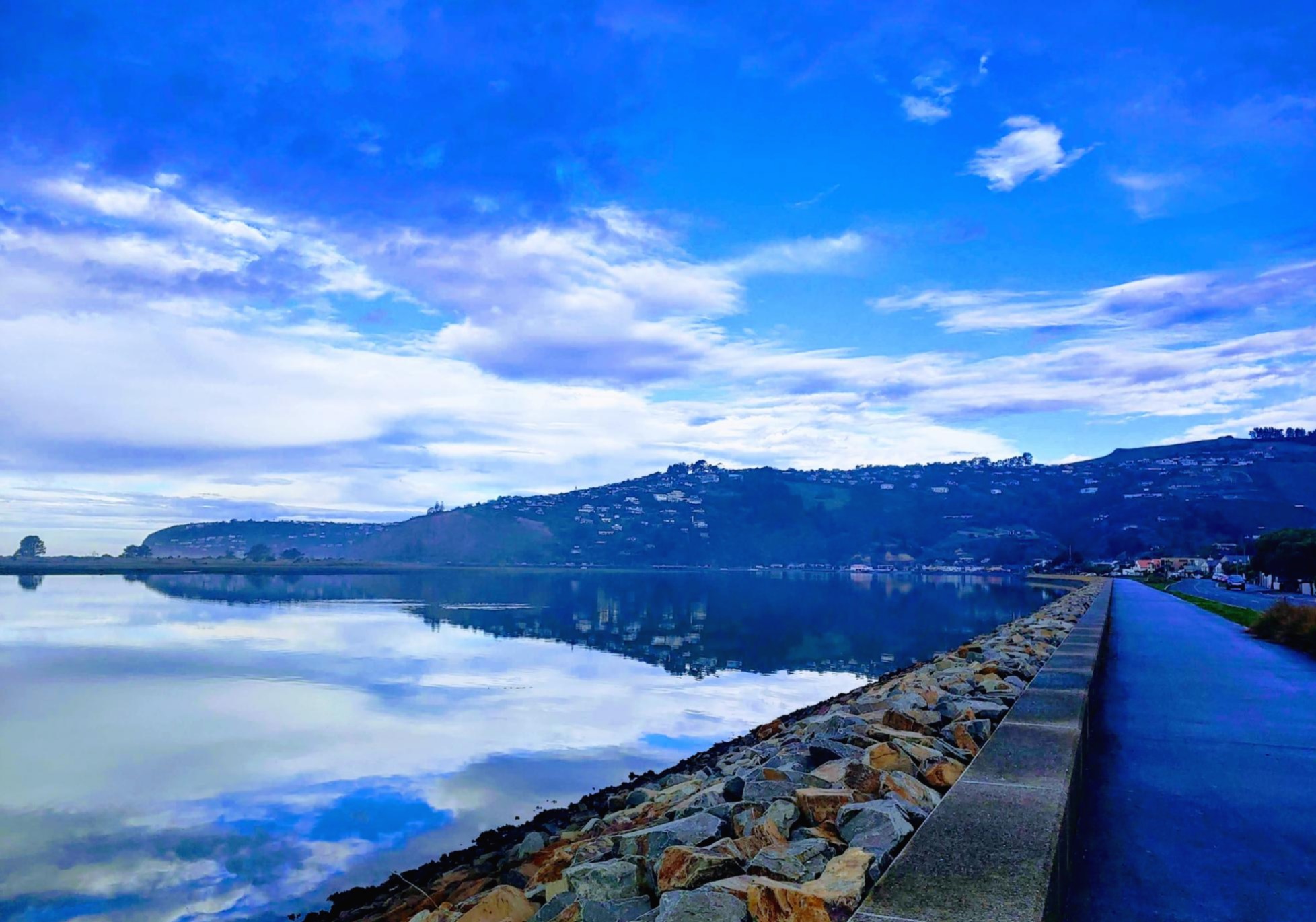| 일 | 월 | 화 | 수 | 목 | 금 | 토 |
|---|---|---|---|---|---|---|
| 1 | 2 | |||||
| 3 | 4 | 5 | 6 | 7 | 8 | 9 |
| 10 | 11 | 12 | 13 | 14 | 15 | 16 |
| 17 | 18 | 19 | 20 | 21 | 22 | 23 |
| 24 | 25 | 26 | 27 | 28 | 29 | 30 |
- Misplaced Childhood
- Dreams I'll Never See
- 이코노미스트
- Living In The Fast Lane
- Queen
- Still In Love With You
- Quicksilver Messenger Service
- Yes
- On With The Show
- Economist
- Gary Moore
- Spectral Mornings
- Thin Lizzy
- Ennio Morricone
- 게리무어
- David Crosby
- Steve Hackett
- Molly Hatchet
- Thick As A Brick
- Flirtin' With Disaster
- Under A Mediterranean Sky
- Golden Earring
- 씬리지
- Crosby & Nash
- Boogie No More
- UFO
- Clutching At Straws
- Steve Morse Band
- Gerry Rafferty
- Draw The Line
- Today
- Total
Point of Entry
The 'Pachinko' finale highlights the real-life women whose stories aren't found in history books 본문
The 'Pachinko' finale highlights the real-life women whose stories aren't found in history books
Tea for two 2022. 5. 6. 21:23At the center of "Pachinko," the Apple TV+ adaptation of Min Jin Lee's epic novel, is a character named Sunja--a woman born in Japanese-occupied Korea who leaves her homeland for the imperial country in the early 20th century.
It's a sweeping tale of immigrant resilience, of identity and belonging, of historic trauma that echoes through generations. But though its themes are universal, "Pachinko" is rooted in a specific history, a critical chapter of which is at risk of vanishing.
That reality makes the final minutes of the season especially remarkable.
The eight-episode season, which chronicles how Japanese colonialism shapes the lives of Sunja and her descendants, ends with documentary footage of real-life Sunjas -- Korean women who moved to Japan between 1910 and 1945 and remained there after World War II. The resulting interviews with these first-generation women offer a glimpse into that period not found in history books.
"This was a group of people whose stories weren't considered important enough to record or tape," showrunner Soo Hugh recently told CNN. "There's not that much photographic evidence, especially from that first generation. That told me that this was a story worth telling."
The eight women briefly profiled at the end of "Pachinko" are almost all more than 90 years old - one has surpassed 100. They faced countless hardships and systemic discrimination in the country they now call home but, as the season's closing sequence says, they endured. Yet, Hugh said, many of them had been made to feel that their lives weren't noteworthy.
